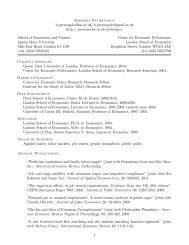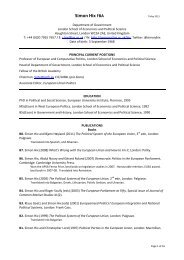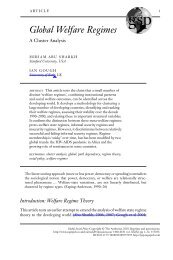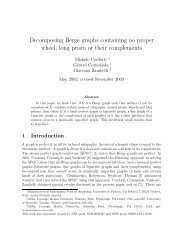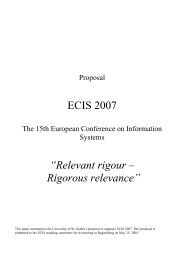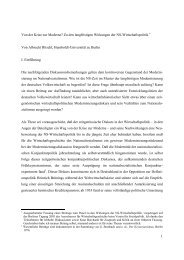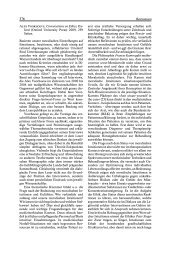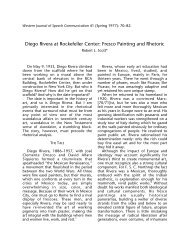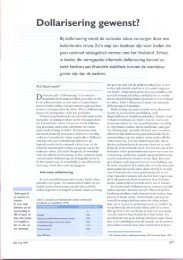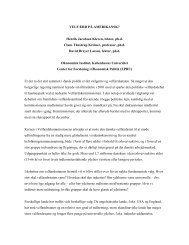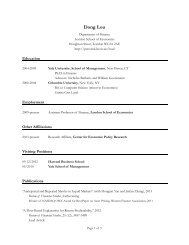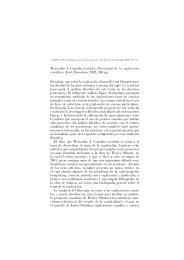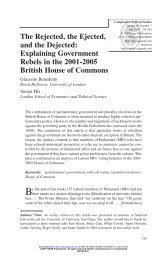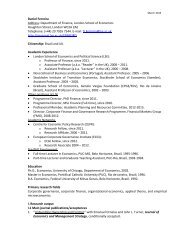View PDF - LSE - London School of Economics and Political Science
View PDF - LSE - London School of Economics and Political Science
View PDF - LSE - London School of Economics and Political Science
You also want an ePaper? Increase the reach of your titles
YUMPU automatically turns print PDFs into web optimized ePapers that Google loves.
would help them express their concern <strong>and</strong> put forward greater claims on imagining<br />
what kind <strong>of</strong> city is to be constructed.<br />
Nevertheless, it should also be noted that many interviewees were still acknowledging<br />
the status quo defined by the existing legal <strong>and</strong> regulatory frameworks. That is, migrants<br />
without the local hukou are hardly given compensation. As <strong>of</strong> 2003, the regulation on<br />
urban housing demolition in Guangzhou granted formal compensation to property<br />
owners <strong>and</strong> public tenants subject to government-regulated st<strong>and</strong>ard rents (GMG 2003).<br />
In 2009, the guideline on the redevelopment <strong>of</strong> inner-city areas in Guangzhou provided<br />
preferential treatments to the property owners whose dwellings were smaller than 40<br />
square metres <strong>and</strong> only if they held the Guangzhou urban hukou (GMBLRHM 2009).<br />
Under the conditions, it is underst<strong>and</strong>able that interviewees show a particular tendency<br />
to underline the absence <strong>of</strong> compensation for migrant tenants. A female migrant who<br />
used to live in Pazhou as a private tenant (P2) admitted that there was nothing she could<br />
do upon demolition <strong>and</strong> did not have any opinions, “for being a tenant, I did not have<br />
the power to do so” (P2). The absence <strong>of</strong> power stems from the fact that only legal<br />
owners <strong>of</strong> real estate properties are subject to compensation upon neighbourhood<br />
demolition. In this respect, it is no surprise to hear the interviewees frequently refer to<br />
the migrant tenants’ absence <strong>of</strong> property rights. An original Pazhou villager (P9)<br />
acknowledged that “from my point <strong>of</strong> view, there is certainly no compensation [for<br />
migrant tenants]. After all, they do not have property rights”. This is echoed by another<br />
owner-occupier in Enning Road (E16) who expresses his feelings that migrant tenants<br />
should not receive compensation, as “they are not house-owners <strong>and</strong> only live here as<br />
tenants. It is only reasonable to give compensation to house-owners”.<br />
Rights awareness <strong>and</strong> the limits <strong>of</strong> property rights activism<br />
The empirical discussions above suggest that there are more people who tend to agree<br />
on the inevitability <strong>of</strong> the nail-house phenomenon than people who do not agree. More<br />
importantly, people who support or feel sympathetic for nail-houses frequently refer to<br />
property rights. This reflects the level <strong>of</strong> rights awareness raised, resulting from the<br />
earlier reform measures to establish the housing market <strong>and</strong> private home-ownership,<br />
<strong>and</strong> to privatise a large share <strong>of</strong> publicly allocated rental dwellings. The implementation<br />
<strong>of</strong> the Property Rights Law in 2007 <strong>and</strong> the amendment to the Chinese Constitution in<br />
2004 would have further raised people’s expectation <strong>of</strong> having their privately owned<br />
properties protected. To some extent, in certain political, especially authoritarian,<br />
Shin, H.B. (2013) Antipode DOI: 10.1111/anti.12010 | Page 19 <strong>of</strong> 29



